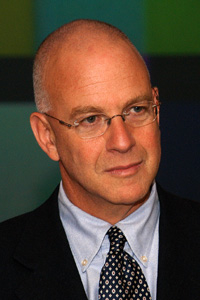Author
 Amos N. Guiora is Professor of Law at the S.J. Quinney College of Law, the University of Utah and Lieutenant Colonel (Ret.) in the Israel Defense Forces. He is actively involved in bystander legislation efforts in Utah and in other states around the country.
Amos N. Guiora is Professor of Law at the S.J. Quinney College of Law, the University of Utah and Lieutenant Colonel (Ret.) in the Israel Defense Forces. He is actively involved in bystander legislation efforts in Utah and in other states around the country.
Guiora has an A.B. in history from Kenyon College, a J.D. from Case Western Reserve University School of Law, and a Ph.D from Leiden University.
Guiora has published extensively both in the United States and Europe on issues related to national security, limits of interrogation, religion and terrorism, the limits of power, multiculturalism and human rights. He is the author of several books, including Freedom from Religion: Rights and National Security (2009), Tolerating Intolerance: The Price of Protecting Extremism (2014), The Crime of Complicity: The Bystander in the Holocaust, and most recently Earl Warren, Ernesto Miranda and Terrorism (2018).
In June 2020, Guiora was named Distinguished Fellow, The Consortium for the Research and Study of Holocaust and the Law (CRSHL), Chicago-Kent College of Law. Its “crucial” mission is to serve as a forum in which practitioners, educators, and students can convene to enhance their understanding of the legal issues surrounding the Holocaust and its aftermath. Through that understanding, CRSHL hopes to develop lessons for today to create a more peaceful and just world.
Click here to visit Amos Guiora’s University of Utah profile, including his full bio.
Click here to purchase Earl Warrren, Ernesto Miranda and Terrorism.

